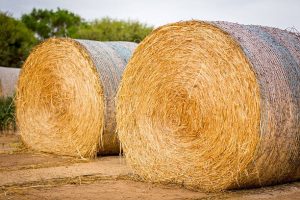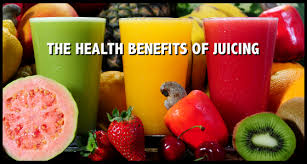Choosing the right baler twine for your hay baling needs can make a huge difference in the quality of the bales you make. It would be best if you considered many factors, including the strength of the twine, its tensile strength, and its biodegradability.
Biodegradability
Depending on how they’re stored, hay may or may not decompose. But the best method to ensure they do not rot is to encase them in plastic wrap. Baling twine is another option, but it is often disposed of in landfills.
 Biodegradable baler twine is available. Cordex, for instance, makes “Envirocord” biodegradable twine that can save farmers 33% to 50% of the cost of conventional twine. It’s odourless and high performing.
Biodegradable baler twine is available. Cordex, for instance, makes “Envirocord” biodegradable twine that can save farmers 33% to 50% of the cost of conventional twine. It’s odourless and high performing.
Sisal twine, on the other hand, is completely biodegradable. Its fibres consist of 65% cellulose and 12% hemicellulose. It also contains 9.9% lignin. However, sisal can degrade in a short amount of time.
Another type of baling twine is polypropylene. The tensile strength of this type of twine is higher than that of sisal, which makes it ideal for outside storage applications. It’s also recyclable. It’s sold at co-ops and farmers’ supply stores and is available in large round balers.
In addition to being recyclable, sisal and polypropylene twine are naturally biodegradable. They’re also digestible. In fact, a North Dakota State University study showed that the sisal and plastic twine didn’t remain in a cow’s rumen for more than 14 days. It was compared to a seven-month cow-feeding trial at Montana State University.
Agricultural experts say that the proper disposal of baling twine can eliminate waste buildup in the environment. They’re also working on an in-soil degradable alternative.
Another option is to use a net wrap cut from the bales and placed on the outside. It helps to keep the bales intact and improves their water-shedding ability. It also reduces the possibility of holes in the film. Securing the net wrap while transporting the bales is a good idea. It’s also a good idea to collect the net wrap when it’s removed from the bales.
Whether you use baler twine, polypropylene twine or net wrap, the important thing is that you use the right materials for your agricultural operations. These materials affect the quality of the forage your herd eats and the cost of fuel used in your operations. It’s also important to consider the climate of your area.
Tensile strength
Baler twine to bind hay bales is a great way to reduce machine wear. It can also help maintain your fences and tractor parts. It is also easier to work with than baling wire. It is a multi-use product that can be recycled for extra revenue. It is available from manufacturers such as BridonMAX.
Baler twine is available in different sizes and strengths. The thickness of the twine is important. It should be a sufficient size to hold the bale at full weight. It can also be braided or cross-stranded. It is also available in different colours. Some people use colours to mark their bales.
Some balers also use a net wrap. The knot strength is also important. It will determine how much force can be applied before the knot breaks. It is also important to ensure that the twine you buy is full-length. It is because it will take up less storage space.
The main raw material for baler twine is polypropylene. It is strong and resistant to mould and organic solvents. It also has good UV resistance. Having UV protection will help prevent rot and mildew. It will also make sure that the twine is not brittle. It is also resistant to degreasers.
A natural fibre twine is also an option. It has the same advantages as polypropylene, but it is also biodegradable. It has been around for a while. It is a realistic option for baling hay, but it has some disadvantages. It may break in baling machines and can be difficult to clean. It can also be difficult to find in quantity. It may also rot quickly.
Another type of baling twine is sisal. It is a natural fibre that is treated to resist mildew and rot. It has been used for many years and comes in various colours. It also has good tensile strength. It can hold bales at up to 340 psi.
The black label is also a good choice for farm-related uses. It has a high tensile strength, and it is recyclable.


